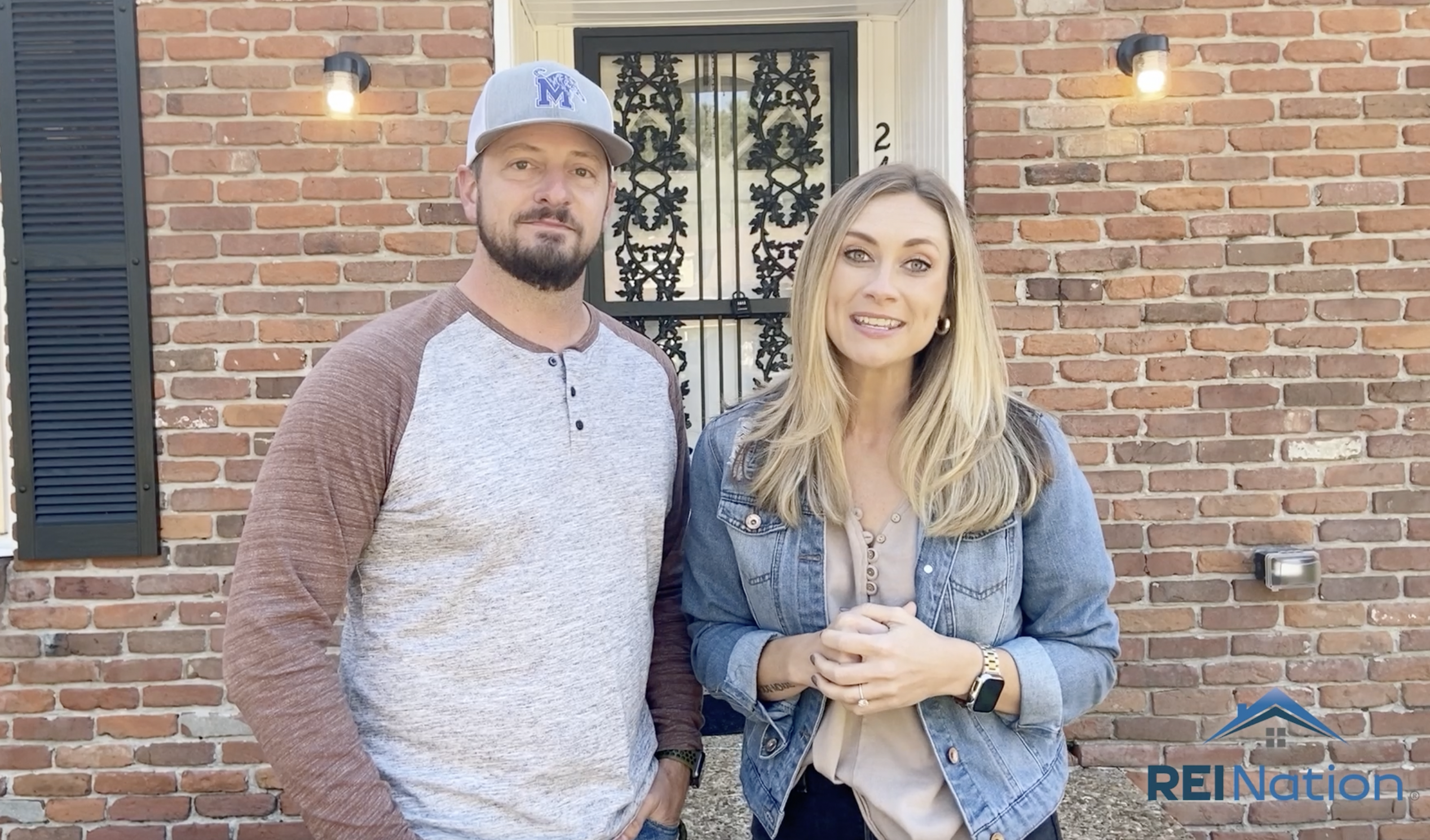 What’s the best way to save for retirement? Unfortunately, many of our traditional strategies don’t cut the mustard anymore! Relying on pensions, Social Security, or personal homes as an investment isn’t enough. There’s good news, though – you can still build and earn passive wealth to fund your dream retirement.
What’s the best way to save for retirement? Unfortunately, many of our traditional strategies don’t cut the mustard anymore! Relying on pensions, Social Security, or personal homes as an investment isn’t enough. There’s good news, though – you can still build and earn passive wealth to fund your dream retirement.
What’s a pension plan, exactly?
A pension is a defined benefit plan in which your employer pays out a fixed monthly amount when you retire. That amount can be fixed or formula-based, using your salary and years of employment as variables. In some cases, your pension may even be able to benefit your spouse or heirs when you pass.
The difference between pensions and 401(k)s
Pensions and 401(k)s are the two most typical employer-sponsored retirement plans. However, pensions through private companies have been declining and replaced by the 401(k). The primary difference between the two is this: with a pension, the risk lies with your employer. Regardless of how pension investments perform, you get the same payout.
In a 401(k), you bear the responsibility of risks and contributions. Your employer may also match or supplement your contributions, but employees are ultimately on the hook for saving and investing for retirement – risk and all.
3 Reasons Pensions Just Don’t Cut it For Retirement:
1) Your income is fixed.
You can’t solely rely on a pension. One reason? The amount you’re paid doesn’t change. With inflation eating into the value of the dollar every year, your payout will be worth less and less as you age. And as you age, you’re more likely to encounter unexpected expenses, such as rising healthcare costs. Having a pension is nice, but it doesn’t work as your sole retirement income.
2) Pension plans are increasingly rare.
Another problem with pensions? They’re harder and harder to get. Not only do you have to stick with the same job for decades without leaving – on your volition or otherwise – but few private employers offer pensions these days. You’ll find them mostly in government jobs. If your employer doesn’t offer it, it’s not an option for you.
3) You have no control over pension investments.
Although the amount of money you get paid each month is fixed, it’s a double-edged sword. Sure, if your investments underperform, you don’t get penalized. But if your investments overperform, you don’t get rewarded, either.
Why is passive income the better alternative to retirement income?
You can infinitely scale your cash flow.
When you utilize passive income – such as that from investing in rental properties – you have nigh infinite growth potential. The more you scale your portfolio through property acquisitions, the more you diversify and protect against risk while also earning more each month. Cash flow will also grow for individual properties as rental rates shift to account for inflation and demand.
You're in charge of your investments.
As a real estate investor, even one leveraging a turnkey partner, you control your investments. Where, how, when, and what you invest in is up to you. While that freedom can be a double-edged sword (as the inexperienced investor can make costly mistakes), it means that you are the one who determines your ambition.
You're not relying on keeping a job for x number of years to be rewarded.
Obtaining a pension isn’t easy. You must stick with the same company for decades without quitting, being fired or let go, or changing career paths. In the modern age, people are increasingly okay with changing jobs and employers many times throughout their professional lives. It’s more acceptable than it once was.
Job culture is just at odds with pension requirements. Additionally, there’s so much more freedom to be found in real estate investment. Earning that passive income can empower you to retire early. It means you’re more secure and more flexible in what you do and where you live.
You don’t have to wait to get rewarded. You can start now, setting up streams of cash flow to complement your primary income. And when you do retire, you can continue to increase your investment earnings and assets – both of which can be passed on to future generations.
In short, a pension isn’t a bad thing. It just isn’t enough to fund your retirement. That’s why you should complement any traditional retirement plan with investments that earn passive income!
Reading to invest in a worthwhile retirement? Join REI Nation today!












